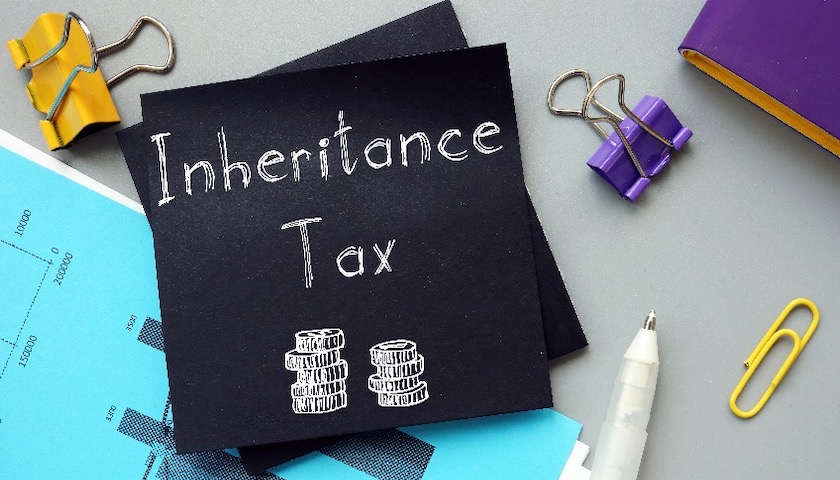You may be aware that, if you make gifts during your lifetime, they can become exempt from Inheritance Tax (IHT) after seven years. However, many people are unsure how to record these lifetime gifts. To help you plan ahead, we take a look at the so-called ‘7-year rule’ and how to ensure any lifetime gifts you make are compliant with the taxman.
Why make lifetime gifts?
Generally speaking, Inheritance Tax is payable on estates worth £325,000 or more (the personal IHT nil-rate band). This increases to £650,000 if a person dies and passes on their £325,000 tax-free allowance to their spouse or civil partner.
Therefore, if your estate is likely to be worth more than these amounts, making lifetime gifts can be a smart way to reduce a future Inheritance Tax bill. However, it is important to note that this ‘taper relief’ is only applicable when the total value of combined gifts exceeds the personal IHT nil-rate band over the seven years prior to death. The relief reduces the tax owed on gifts (or portion of gifts) over this allowance. Other things to remember are:
- Taper relief applies only to gifts
- Gifts are removed from any future IHT calculation if you live for 7 years or more after they’re mad
- If you die before seven years and gifts you made during this period were within your personal IHT nil rate band, then any IHT will be payable on the value of your estate over your remaining personal IHT nil-rate band.
How do lifetime gifts work?
If you make a lifetime gift that’s over your personal IHT nil-rate band and live for more than seven years, then no Inheritance Tax is payable at all. However, if you live for less than that time, tax rates are applied on a sliding scale. For example, if you gifted a child £50,000 and had already gifted £325,000 in the previous seven years (or £650,000 if your spouse or civil partner had died), the following amounts of IHT would be due.
- 0-3 years: 40% / £20,000 (i.e. the standard rate of IHT)
- 3-4 years: 32% / £16,000
- 4-5 years: 24% / £12,000
- 5-6 years: 16% / £8,000
- 6-7 years: 8% / £4,000
- 7+ years: 0% / £0
As you can see, the earlier you plan, the more likely it is that your gift will attract the 0% rate of IHT. However, it’s worth noting that you can take out Inheritance Tax insurance. These policies – also known as ‘gift inter vivos’ plans – will pay out any tax owed if the person who has made the gift dies within seven years.
What records should I keep?
Whenever you make a lifetime gift, you need to keep a record of the following information. Your executors will thank you for it further down the line:
- The date of the gift
- Who received the gift
- The value of the gift
- Where the funds came from
- Any applicable exemptions (see Gov.uk for full details)
If we act as your accountant, we would strongly advise providing us with these details, plus any associated paperwork such as evidence of bank transfers. We can also advise you about any exemptions that may apply to your gift.
Can I get help with Inheritance Tax?
Yes. If you would like advice about any aspect of IHT, please get in touch today. We not only offer an Inheritance Tax planning service, but also provide wider estate planning services such as Will writing and setting up a Lasting Power of Attorney. Call free on 0800 6520 025 to arrange an appointment with a member of our team.
About Ian Henman
London lad Ian joined THP in October 2016 to set up and manage THP’s new legal services department.
Starting at the tender age of 19 Ian spent almost 30 years building his career at Natwest/RBS becoming a business client account manager to many local businesses.
Ian was looking for a new challenge and as THP was searching for someone to gain accreditations and spearhead the legal services department, there was a clear synergy.












